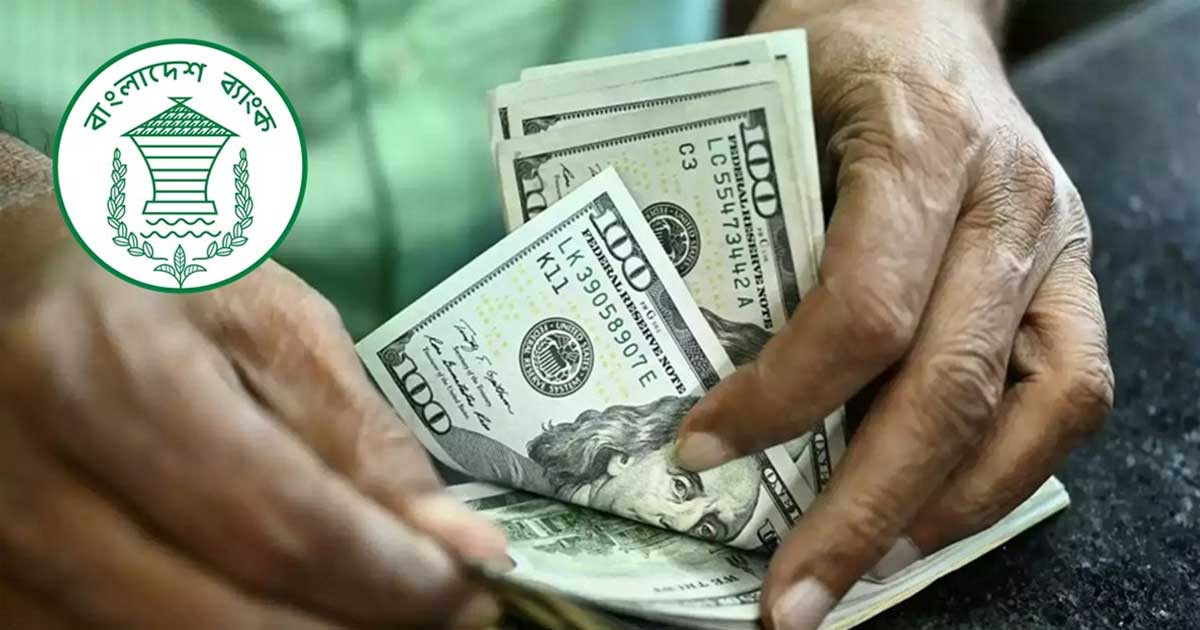In just the first 17 days of May 2025, Bangladesh has received a remarkable $1.61 billion in remittances from its sons and daughters working abroad. That’s roughly Tk 19,642 crore, money sent home not just in dollars, but in love, responsibility, and unwavering hope for their families.
According to the latest update from the Bangladesh Bank, this means the country received, on average, $94.7 million every single day so far this month. Behind each of these dollars lies the sweat and sacrifice of workers in distant lands—construction workers in the Middle East, nurses in Europe, factory workers in Southeast Asia, and many more across the globe.
Where the Money Came Through
These remittances didn’t arrive through chance they were channeled with care and intention through official banking systems. Here’s how the inflow breaks down:
-
State-owned banks: $493.3 million
-
Specialized banks: $150.9 million
-
Private banks: $962.8 million
-
Foreign banks: $3.1 million
It’s a powerful signal that more and more expatriates are using legal, secure banking channels to send money home, instead of risky informal routes.
The money didn’t come all at once. It came in waves:
-
May 1–3: $87.5 million
-
May 4–10: $815.9 million
-
May 11–17: $706.6 million
Each number in this timeline represents families receiving much-needed support—children’s tuition, elderly parents’ medicine, a loan installment, or simply groceries to last the week.
This Isn’t New, But It’s Getting Stronger
This May isn’t an isolated success. The months before showed even more astounding numbers. In March 2025, Bangladesh saw its highest-ever monthly remittance—$3.29 billion, breaking every past record. April followed with a still-impressive $2.75 billion, the second-highest in history.
Behind these milestones are millions of Bangladeshi workers who endure long hours, live in shared rooms, and spend years away from home just to send a portion of their earnings back to their loved ones.
Why the Increase?
This recent surge isn’t just luck or coincidence. There are real reasons behind it:
-
Policy Shifts: The Bangladesh Bank’s recent decision to offer a steady exchange rate of Tk 123 per dollar for remittances has encouraged workers to use formal banking systems.
-
Crackdown on Hundi: The government’s strong stance against illegal money transfers has helped shift transactions to trusted, trackable methods.
-
Upcoming Eid-ul-Adha: Religious and cultural festivals often lead to increased remittances, as families prepare for celebrations back home.
Read More: Passport Endorsement Fee Fixed: Now Only 300 Taka
The central bank now believes that, if this trend continues, total remittance for fiscal year 2024–25 could exceed $30 billion. That’s not just a number. That’s real impact. It’s fuel for our foreign reserves, a cushion against inflation, and a heartbeat of financial stability for millions of households.
More Than Money
Let’s not forget what remittance really is. It’s more than dollars or data. It’s a child getting new books, a father paying off a loan, a daughter affording better food or a mother not skipping her medication this month. It’s the human spirit, working overseas but dreaming of home.
These workers deserve not just gratitude, but better systems, safer migration processes and stronger support. As the remittance graph climbs higher, so must our efforts to value and protect the people behind those numbers.
Share via:

















